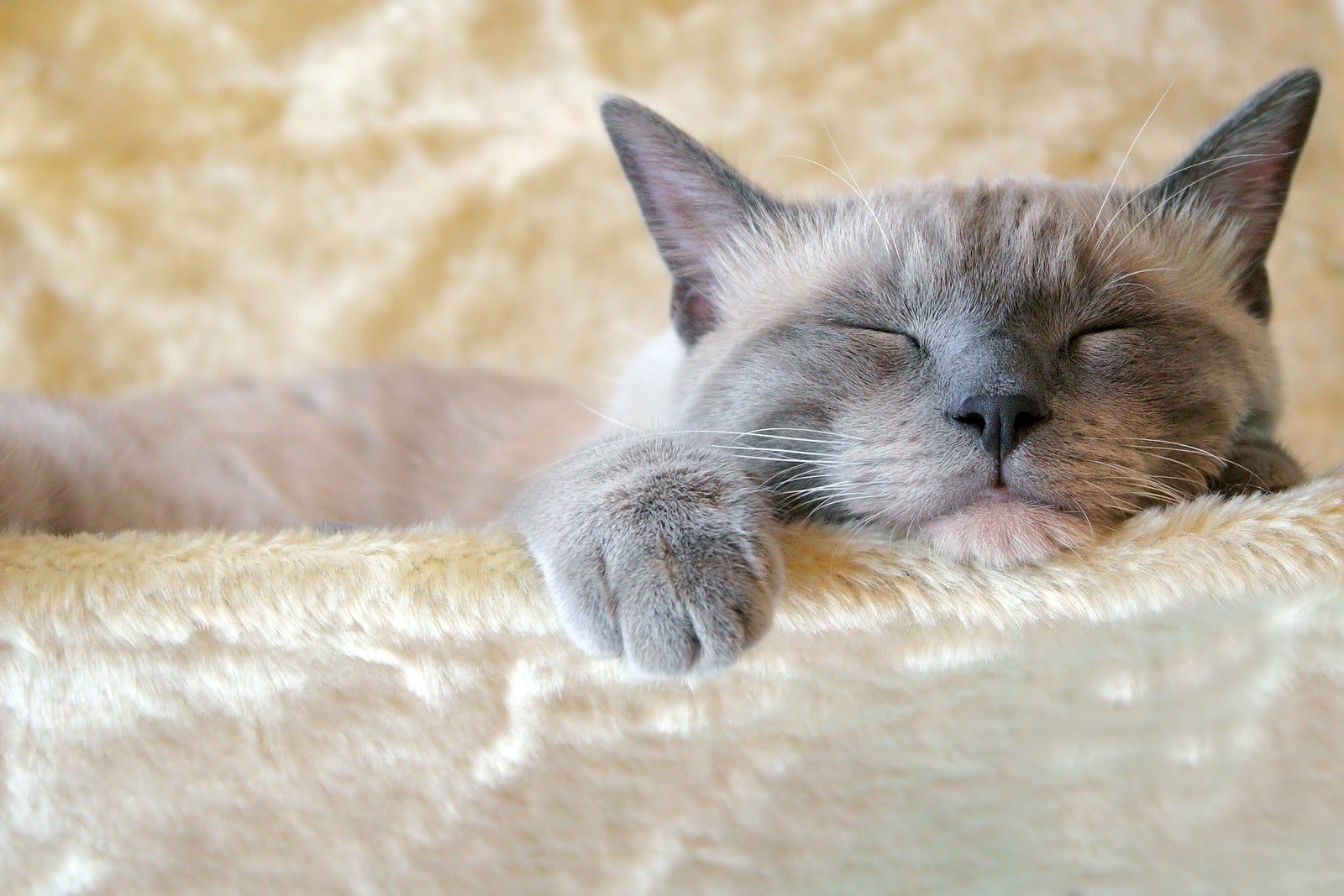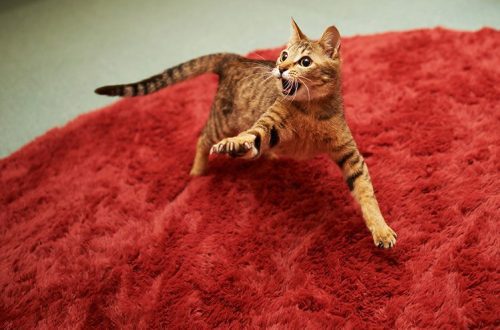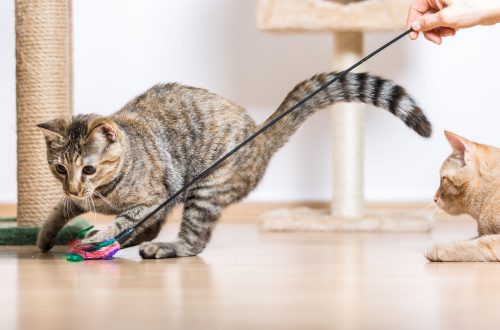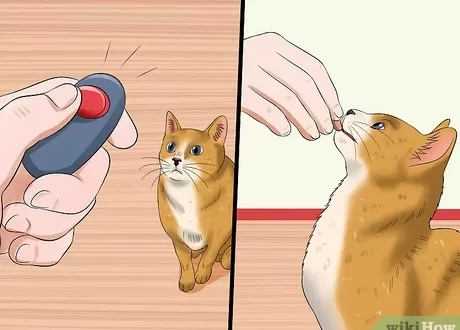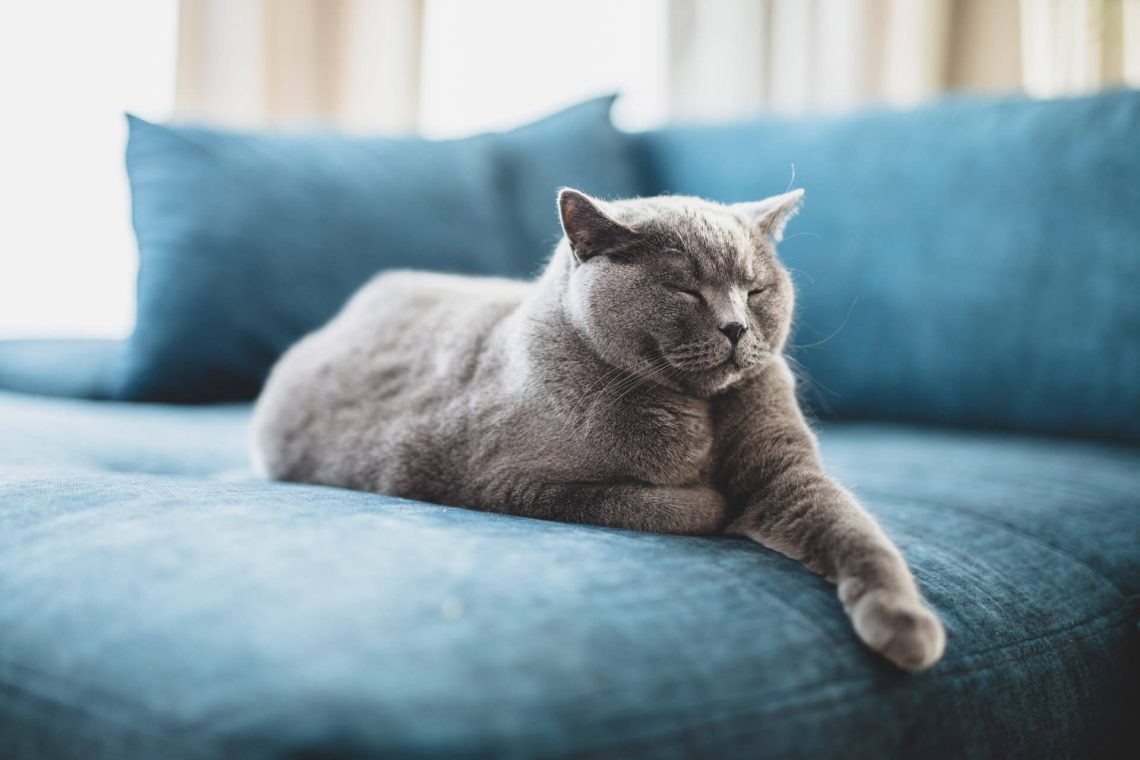
Cat sleep: why do cats sleep a lot
It’s no secret that rest is a top priority in a cat’s life. But why does a cat sleep all the time, and exactly how much sleep does she need? It turns out that long sleep is in her genes.
Why does a cat need so much sleep 
Cats show many strange habits, including stomping, hiding in tight spaces, sitting in boxes, etc. All of these are motivated by their instincts, such as the need for comfort and safety.
Sleep as a natural state also falls into this category. How much do cats sleep per day? From twelve to sixteen hours.
Despite the long hours that the cat spends in the land of dreams, she is not at all a couch potato – she is resting, preparing for a big hunt. “Hunting requires energy, and to this we must add the stress factor that cats are both predators and prey,” explains feline behavior expert Pam Johnson-Bennett. “Sleep is essential for a cat to maintain energy levels and recuperate for the next hunt.”
Of course, the cat is domesticated and eats food provided by a caring owner. She does not have to hunt to get her food, but she retains the biological instincts of her wild ancestors.
Cats are twilight animals. This zoological term describes animals or insects whose activity is at its peak during the twilight hours – at sunset and at dawn. That is why the cat sleeps a lot in the sun, and runs around the house most of the evening and early morning. Large feline relatives adhere to such a schedule: hunting, eating and sleeping.
Energy saving is one of the main reasons why your pet sleeps for a long time, hence the term “cat sleep”. In addition to deep sleep, cats may snooze for short periods of time ranging from five to thirty minutes. At the same time, they remain in a state of high alert for an attack from predators or an attack on a prey. If a cat falls asleep while sitting, it means that it is guided by the principle “the soldier is sleeping, the service is on.”
Short periods of sleep
For a cat, there is no such thing as “too much” or “too little” sleep. She listens to her body and rests as needed.
For the same reason, you cannot force a cat to fall asleep at four in the morning just because the person’s plans included sleeping a few more hours. According to Nicholas Dodman, director of the Animal Behavior Clinic at Tufts University’s Cummings School of Veterinary Medicine, “Adequate sleep is important for a cat’s health, longevity and mood, and changes in sleep patterns can signal illness.”
Cats sleep in “standby mode,” as Dodman calls it, that is, in full readiness for action, and not deep sleep. And if it seems to the owner that the pet is showing excessive activity and sleeps little, or, conversely, “sudden bouts of prolonged sleep”, consult your veterinarian to rule out possible health problems.
What should a fluffy beauty do in the remaining four to seven hours of wakefulness? Play and run in large numbers! Active play is especially important in the evening when the cat is set to hunt. It is advisable to give her some funny handmade toys that she can catch up and catch. A strong scratching post, which can be slowly torn apart, will also help. This is another instinctive behavior.
By following the cat’s natural cycle, rather than resisting it, everyone in the house will be able to get a good night’s sleep.



